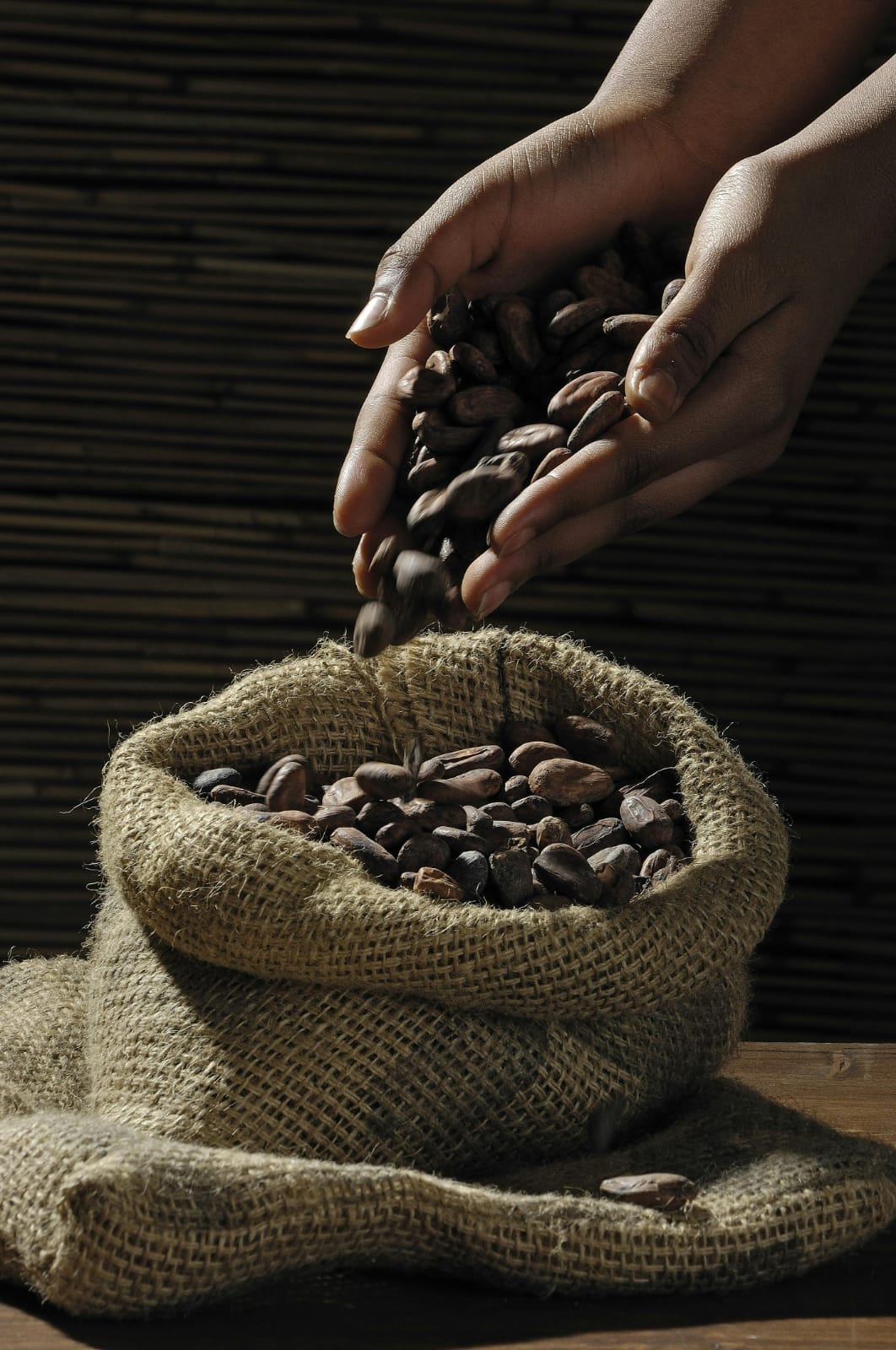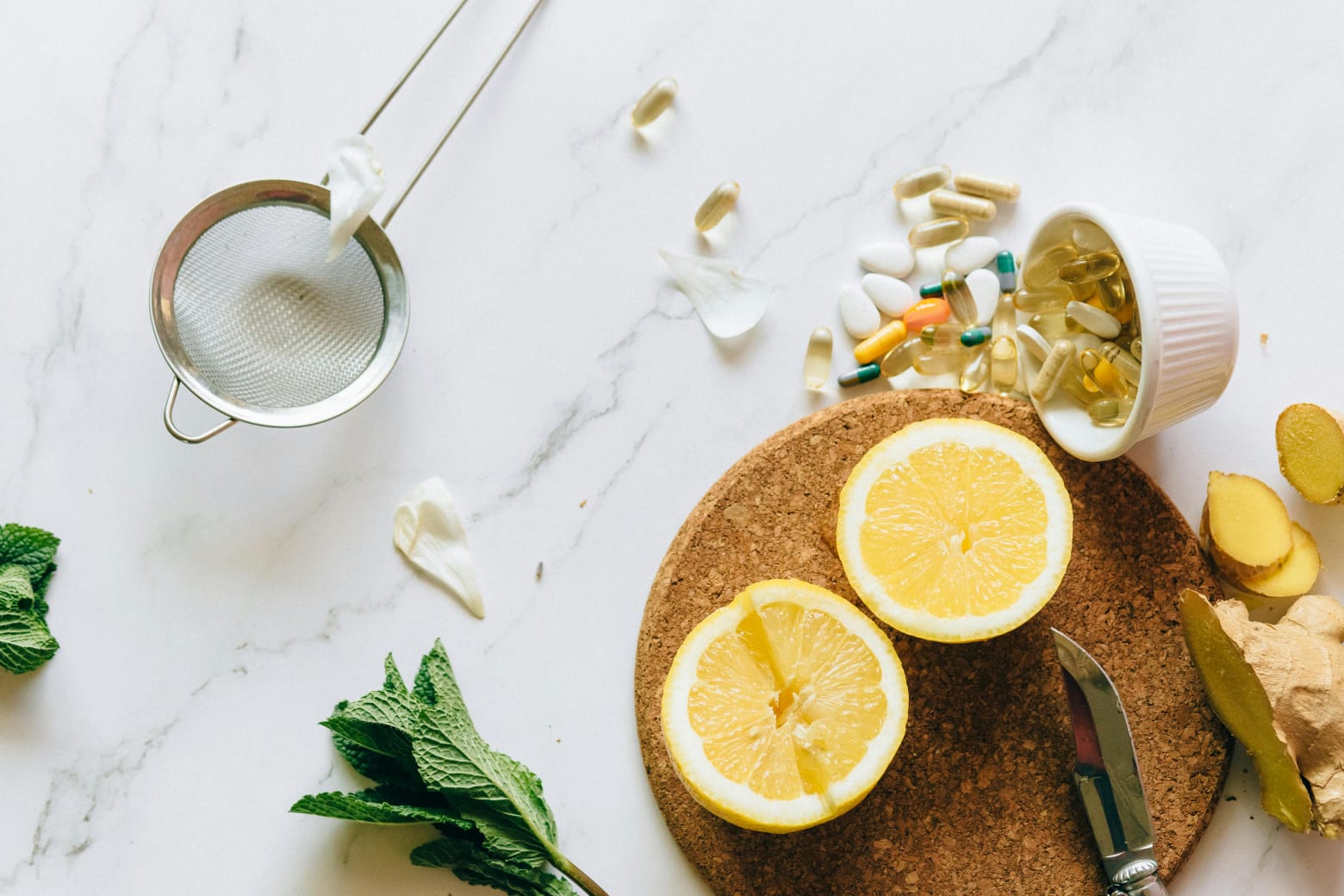What is Anemia?, How to control anemia with Foods
Anemia is a disease caused by the lack of red blood cells in the body and can occur with many symptoms and complications. However, red blood cells in the body can be increased through various diet and lifestyle changes. If symptoms occur, it is recommended to seek treatment.
Symptoms:
Symptoms of red blood cell deficiency include fatigue, dizziness, shortness of breath and rapid heartbeat.
If left untreated, anemia can lead to serious illness.
Causes:
Red blood cell deficiency may occur due to many reasons such as iron deficiency in the blood, cancer, cancer treatment, kidney disease, blood disease. falls and body failure.
Nutritional deficiency can also cause this condition.
Who is at risk?
Pregnant women, people over 60 years of age, children and people using antidiabetic medications are at greater risk for anemia.
Food:
In many cases, the deficiency of these cells is caused by a lack of essential nutrients in the human diet.
Iron:
Iron deficiency is the most common type of diabetes because the body uses iron to produce hemoglobin, which stores oxygen in the blood. Good sources of iron include spinach, lentils, potatoes, white beans, legumes, fortified cereals, liver, tuna and fish.
Vitamin B12:
Vitamin B12 is important for nerve function and the production of new red blood cells. His weakness will make the problem worse. Foods rich in vitamin B12 include red meat, fish, dairy products or fortified foods.
Vitamin B9 (Folic Acid):
This vitamin helps nerves and creates new cells in the body. Eating foods like liver, green leafy vegetables (like spinach and kale), oranges or orange juice, peanuts, beans and grains can help lower vitamin C levels.
Vitamin C:
Vitamin C, which affects red blood cells, although not directly, helps iron to be better absorbed and increases the body's ability to produce red blood cells. Kiwi fruit, red and green peppers, broccoli, strawberries, tomatoes, grapefruits and tomatoes are good sources of vitamin C.
Copper:
Copper is an important mineral that helps the body use iron. blood. It is found in cashews, sunflower seeds, sesame seeds, liver, mushrooms, avocados, beans, etc.
Vitamin A:
Vitamin A is also very important for these cells because it helps the body use more iron. Foods containing vitamin A include carrots, green leafy vegetables, cabbage, pumpkin, apricots, mangoes, fish oil, liver and fish.
Lifestyle changes
Lifestyle changes can help manage problems associated with a lack of red blood cells.
Exercise:
Moderate exercise is good for everyone, but it is especially important for red blood cell production. Activities without intense exercise, such as climbing stairs, brisk walking, or doing housework, are also beneficial.
Recommended Blogs


Mansab Ali


Mansab Ali


Mansab Ali


